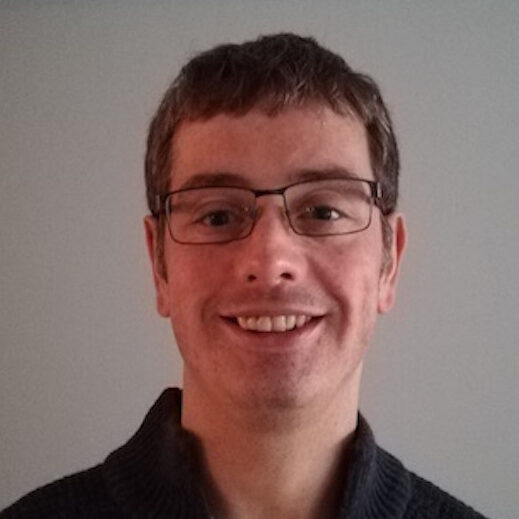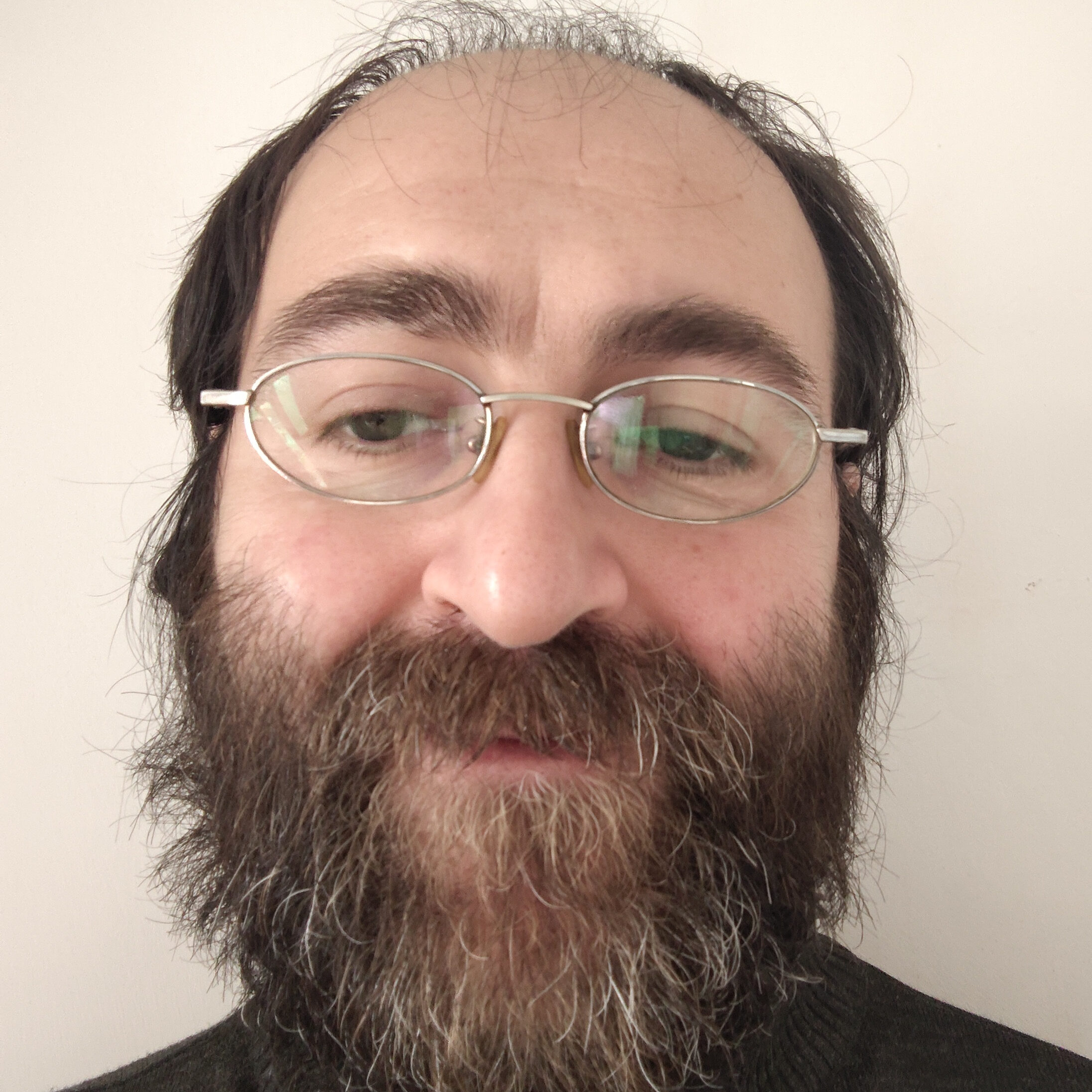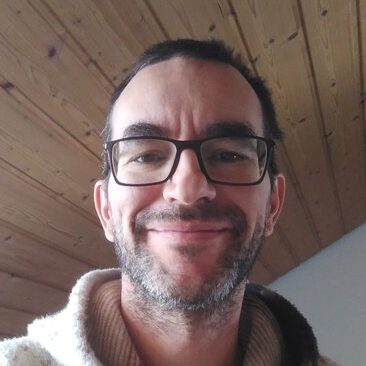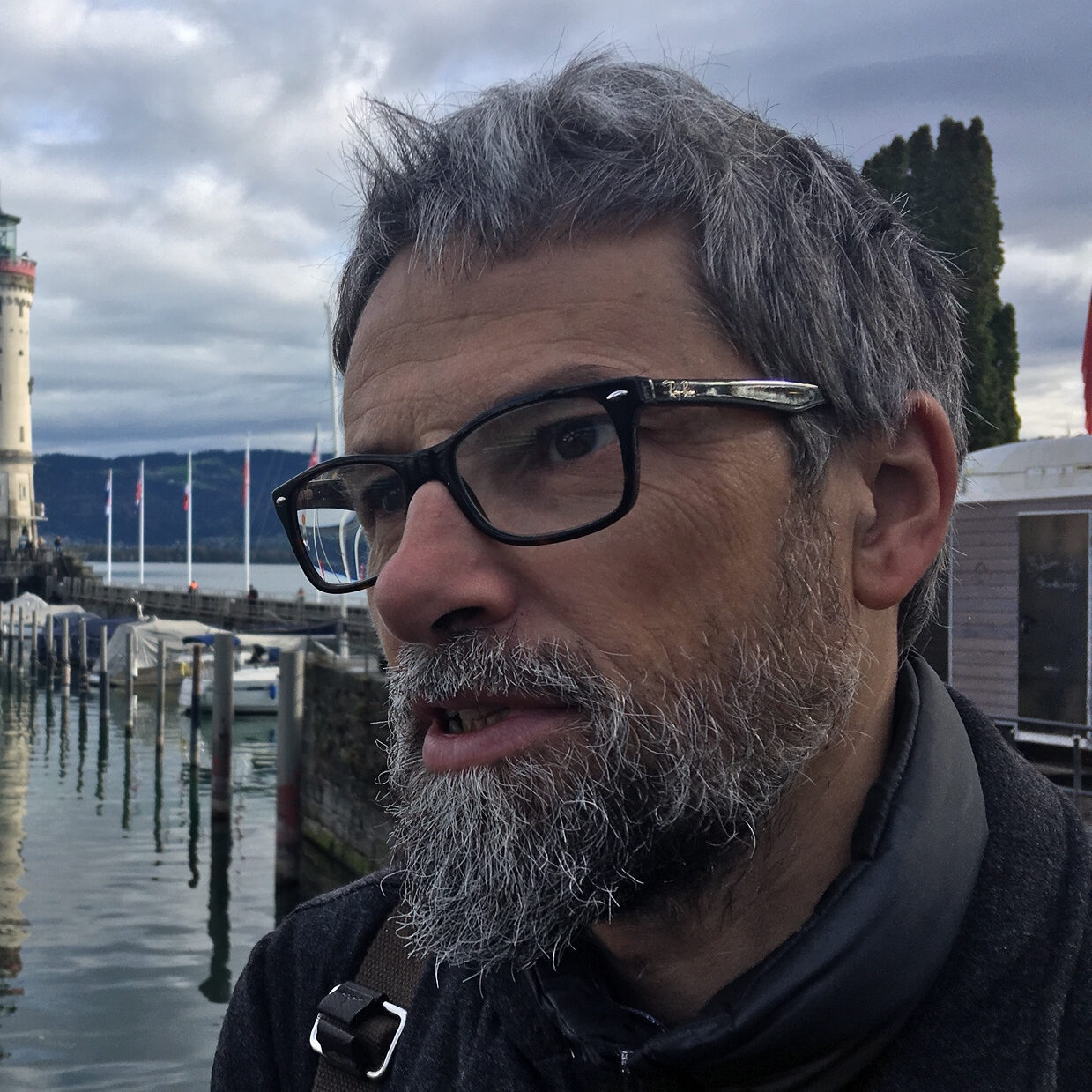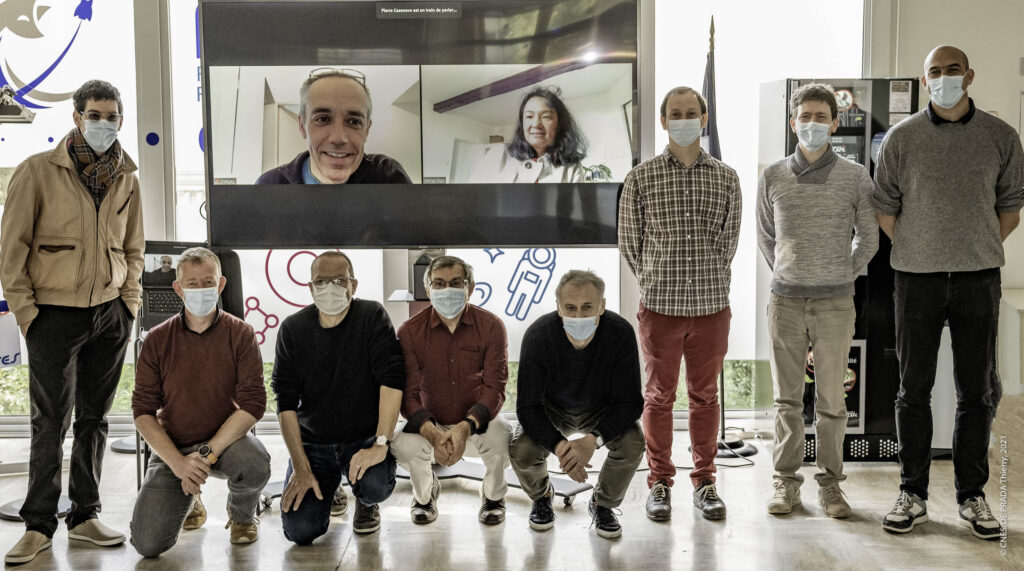The Euclid Consortium STAR Prize 2021
The Euclid Special Talent And Recognition (STAR) Prize is a prize to acknowledge work done within the Euclid Consortium in different areas of activity. It was established in 2017, and every year prizes are awarded to nominees in different categories by the Euclid STAR Prize Committee. Nominations are accepted and encouraged from any Euclid Consortium member, excluding self-nominations.
The awardees are (full bios below / on click):
Euclid STAR Prize 2021 – Student Award
Guadalupe Cañas-Herrera is a De Sitter PhD candidate at the Lorentz Institute for Theoretical Physics and Leiden Observatory, both placed in Leiden University. She obtained a bachelor’s degree in Physics from the University of Cantabria in 2016 and a master’s degree in Cosmology from Leiden University in 2018. She is currently in her 3rd year of PhD and expects to graduate in fall 2022.
She is interested in theoretical extensions of the standard cosmological model and forecasting. The main goal of her work is to employ LSS and CMB data to find evidence for signature of primordial origin. For her thesis, she has carried out work in the analysis of inflationary models using cosmological data and she has studied cross-correlations of Gravitational Waves with Large Scale Structure. In Euclid, she is part of the Theory Science Working Group. As a passionate about data science, she is involved in several working packages (initial conditions, forecasts, cross-correlations with new probes and likelihood). She is also a core member of the Inter-Science Taskforce Likelihood. In this group, she works as one of the code developers of the Likelihood for Observables in Euclid (also known as CLOE). Guadalupe has worked extensively in the design and architecture of the code, implementation of observational recipes and performs as a consultant in the interface of the code with Non-Linear models, led by the Inter-Science Taskforce Non-Linearities.
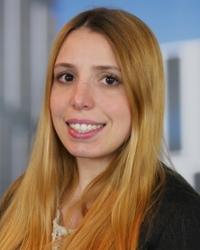
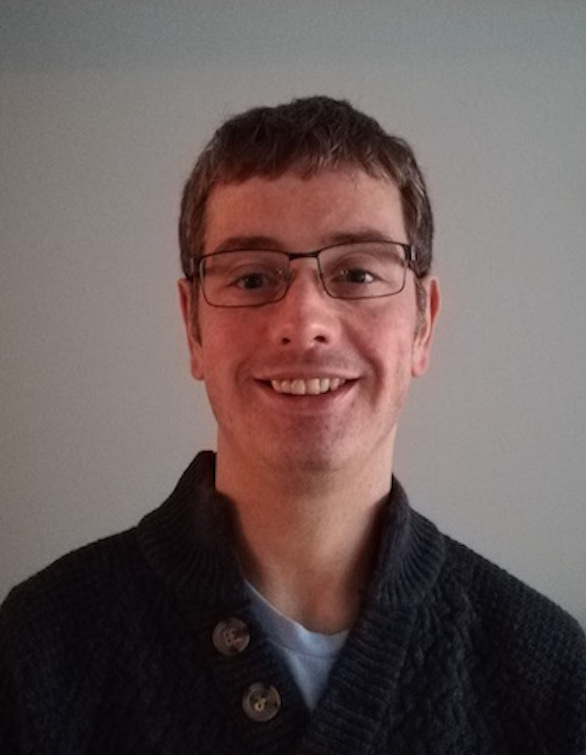
Euclid STAR Prize 2021 – Junior Award
Lee Whittaker is a postdoc at University CoLee Whittaker is a postdoc at University College London (UCL). His primary area of research is weak gravitational lensing. He received his PhD in 2015 from the University of Manchester, where he focused on systematic mitigation for weak lensing shear estimators. During his first postdoc at Manchester, his focus shifted to weak lensing power spectrum estimators for Euclid. He joined UCL in 2018 to develop the power spectrum processing element for LE3 weak lensing (LE3-WL), and in 2019 he was appointed co-lead of LE3-WL implementation. He is also helping to create simulations and methods for testing Euclid’s two-point statistics pipelines and investigating their likelihood functions.llege London (UCL). His primary area of research is weak gravitational lensing. He received his PhD in 2015 from the University of Manchester, where he focused on systematic mitigation for weak lensing shear estimators. During his first postdoc at Manchester, his focus shifted to weak lensing power spectrum estimators for Euclid. He joined UCL in 2018 to develop the power spectrum processing element for LE3 weak lensing (LE3-WL), and in 2019 he was appointed co-lead of LE3-WL implementation. He is also helping to create simulations and methods for testing Euclid’s two-point statistics pipelines and investigating their likelihood functions.
Euclid STAR Prize 2021 – Instrument Award
Vito is a software engineer with a temporary staff position at Italian National Institute of Astrophysics in Turin (INAF-OATO).
After some experiences as software developer in private companies, he joined the Euclid project since mid 2013 when he obtained a grant in order to collaborate on NISP Data Processing Unit requirements and interfaces definition.
At the end of 2014 he started his activity on the Application SoftWare package of the Instrument Control Unit for NISP (NI-ICU-ASW). He was involved in all phases of the software lifecycle (requirements definition, design, developing and testing) and currently he is part of the NI-ICU-ASW maintainance team. Also he developed (and maintain) ancillary tools and scripts used by Continuous Integration jobs.
He is a member of Instrument Development Team (IDT) involved in all the NISP AIV activities and should migrate to the IOT.
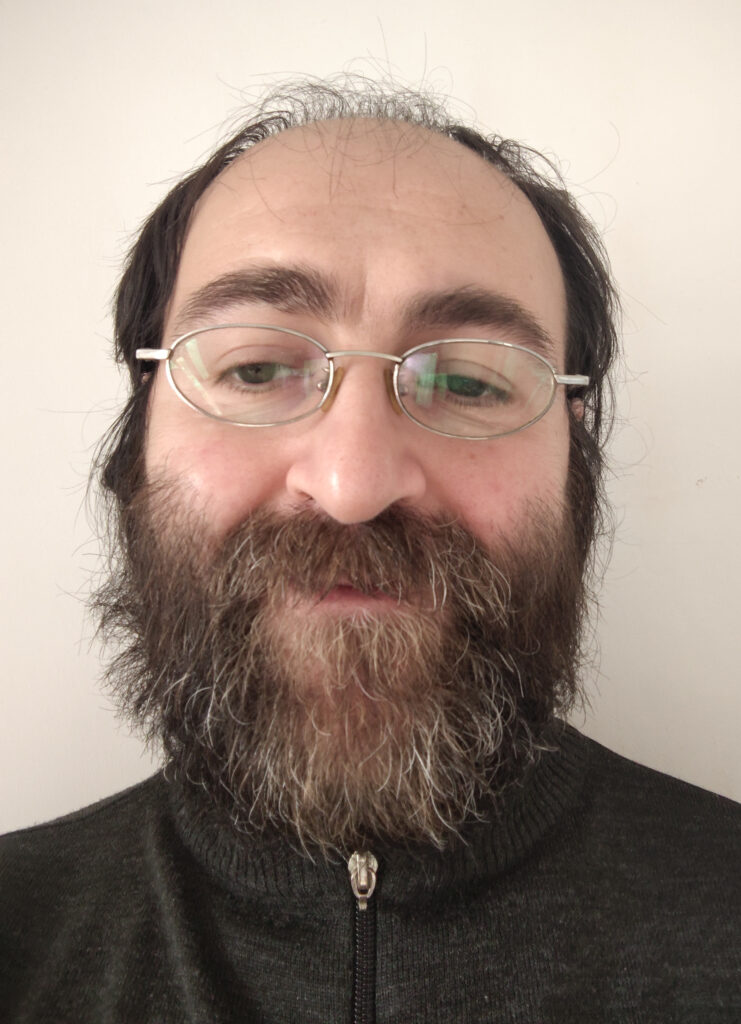
Eduardo Medinaceli is a physicist currently working at the National Institute for Astrophysics INAF – OAS Bologna. After his Master-degree in physics in Bolivia, he was granted with a scholarship at the Bologna University and INFN, and in 2008 he a earned a PhD. degree in the Astroparticle field. Then, he continued his research in the field of Neutrino physics, studying neutrino oscillations and neutrino-less double beta decays phenomena.
In 2016 Eduardo obtained a Postdoc position at INAF and joined the EUCLID consortium. With the INAF-OAPd group he developed the Application Software for the NISP’s Data Processing Unit (DPU-ASW). Since 2019, he’s been the DPU ASW Work Package leader. He led the DPU-ASW’s qualification activity. He is currently the DPU’s System Engineer. He also contributed to the NISP qualification actively participating in the end-to-end integration, thermal vacuum, and performances tests at LAM. He is now working on the Payload-level tests at CSL.
Eduardo supervises the interface between NISP and the detectors. In this are he has defined the ad-hoc procedure to configure the focal plane for safe operations at room temperature. Implementing this capability in NISP is key for the completion of the on-ground tests that will be implemented by the industrial partners and the Science and Mission operation centers. He coordinated the development of this innovative procedure in collaboration with experts from NASA (JPL and GSFC), industrial partners (OHB-I, TASI, Markury electronics) and ESA.

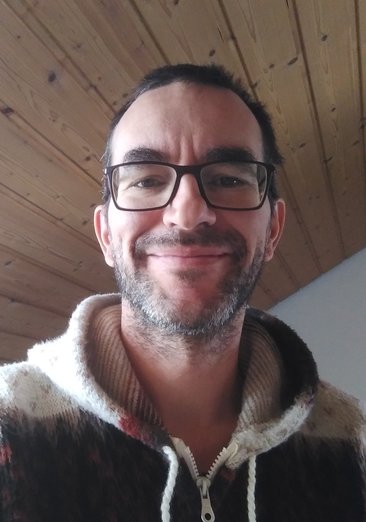
Euclid STAR Prize 2021 – Senior Award
Mischa Schirmer is an astrophysicist and joined Euclid in 2017 as the lead of the EC Calibration Working Group and NISP-P calibration scientist. Mischa obtained his PhD in 2004 at the University of Bonn, working on shear-selection of galaxy clusters in wide-field imaging data. From 2004 until 2008 Mischa was the instrument scientist and support astronomer for a near-IR imaging spectrograph at the 4m William Herschel Telescope in La Palma, Spain, and from 2011 until 2017 astronomer at the 8m Gemini South observatory in Chile. Mischa’s research interests are focused on long-term AGN evolution and SMBH growth, and the development of optical to mid-IR imaging data processing pipelines.
Euclid STAR Prize 2021 – Leadership & Coordination Award
Stefano Dusini is a researcher at the Italian National Institute for Nuclear Physics Research (INFN) in Padova working on Neutrino Physics and Cosmology. After obtaining his PhD in Physics in 1998 at University of Trento with a research project on Neural Network application at LHC, Stefano was postdoc at University of Padova, working in the ZEUS electron-proton collision experiment at DESY (DE). In 2001 he moved to neutrino physics, first building the OPERA detector in the CERN to LNGS neutrino beam, and then contributing to the neutrino oscillation analysis as Deputy Physics Coordinator of OPERA Collaboration. After OPERA Stefano was involved in Sterile Neutrino Search for NESSiE proposal and in the JUNO experiment for the measurement of Neutrino Mass Ordering. In 2014 Stefano joined the effort promoted by INFN to enforce the research in the observational cosmology and he became part of the Euclid Consortium with the responsibility of the NISP Warm Electronics AIV. At the same time he was also appointed as leader of the Euclid-INFN-Padova group. In 2016 he became NISP AIV Deputy Manager, coordinating the activity for the NISP functional verifications. Since 2019 he has also been Deputy Test Manager of the NISP EM and FM validation tests. He is also currently involved in the IOT activities.
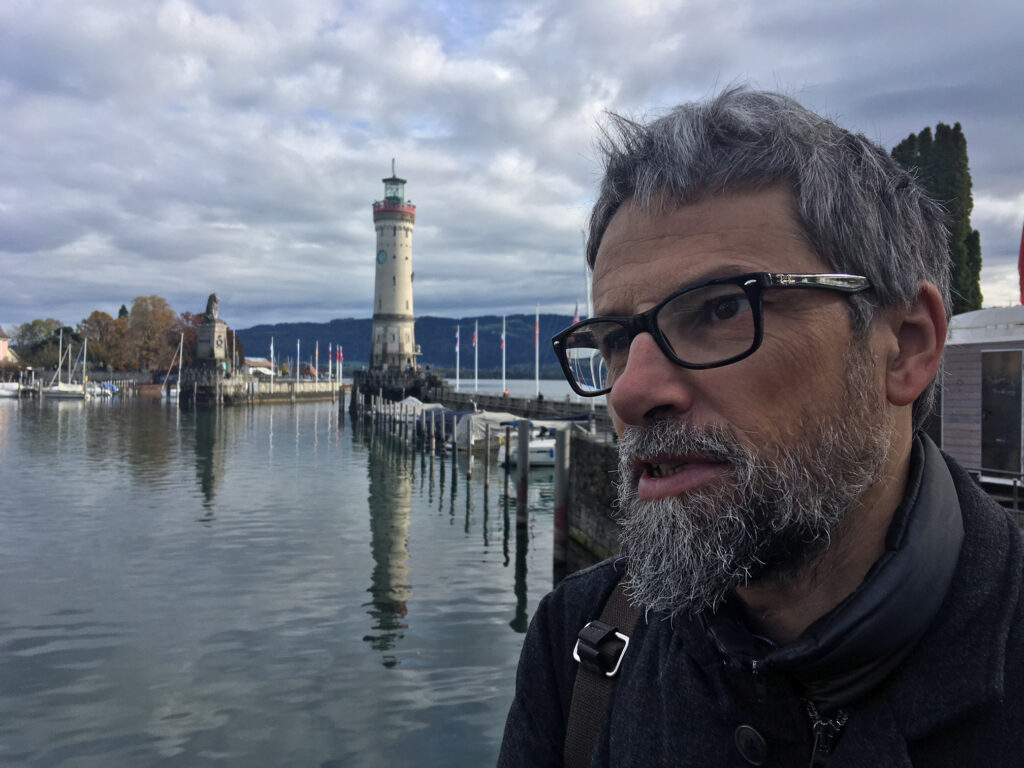
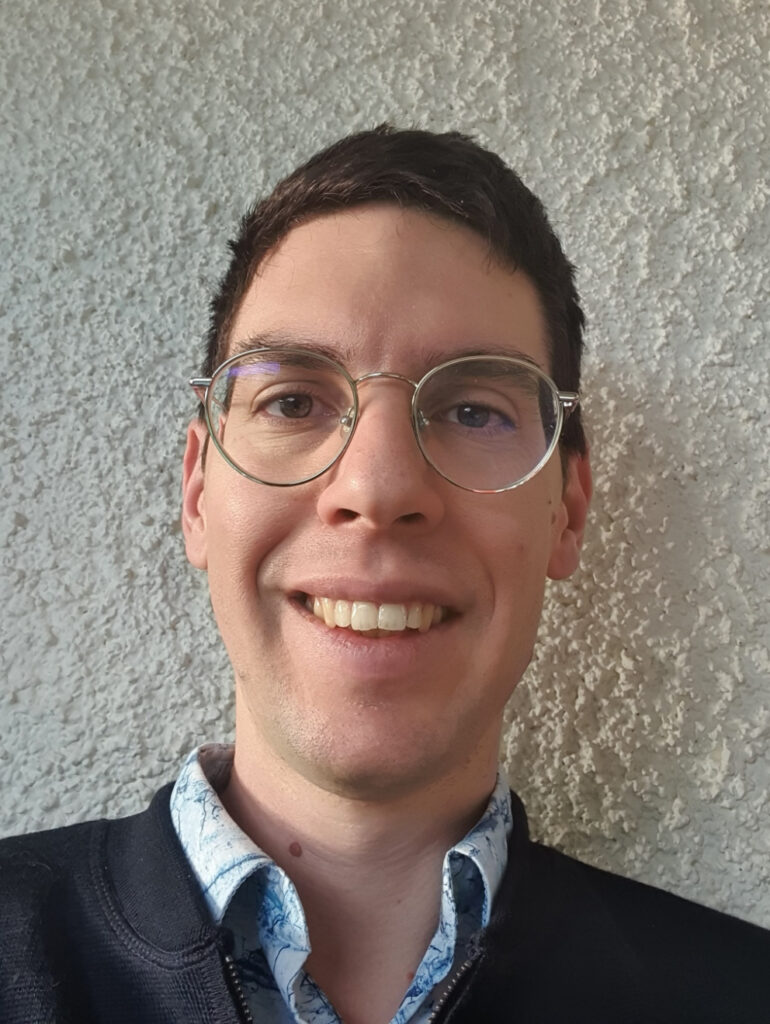
Engineer at CNES Toulouse.
Has worked during 4 years until end 2020 on the SGS Scientific Challenges organization, coordination and follow up.
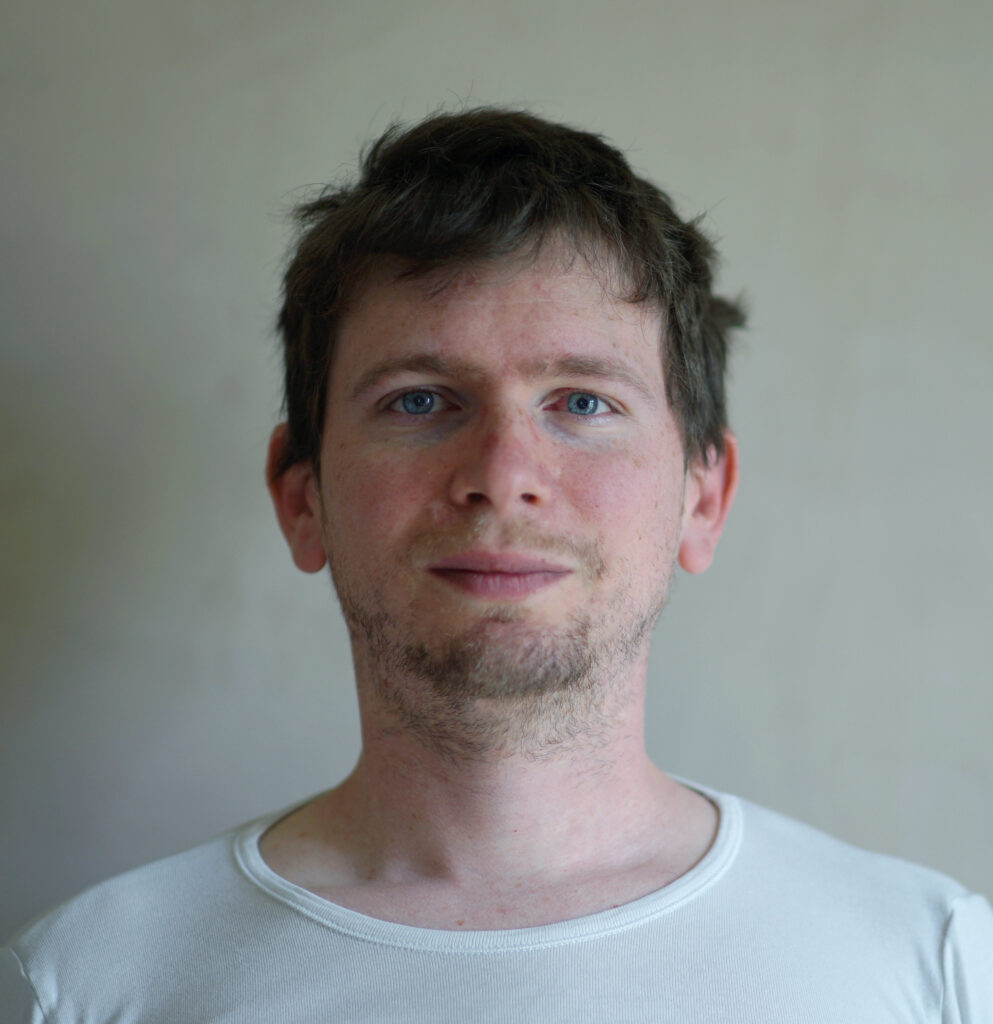
An aeronautical engineer focused on software and artificial intelligence, Antoine Basset received a PhD in image processing in 2015. He joined CNES to work on the Euclid project, first as a technical support for the French contributions. He is now the technical coordinator for the Infra/System components in the frame of the Scientific Challenges, and a Common Tools developer.
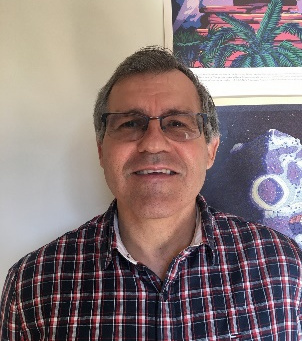
Dominique Bagot is a software PAQA engineer in a private company and working on behalf of the Centre National d’Etudes Spatiales since 2011. He obtained his PhD in Solid State Physics in 1992 at the University of Rennes on thermal expansion at low temperatures (anharmonic vibrations between atoms and electrons around 5 Kelvins). After a master of computer science in 1993 he moved to the Institut Pierre Simon Laplace near Paris developing parts (levels 1 and 2) of the Ground Segment of the ESA spatial mission Cluster. He worked then in a few private companies for transverse software activities: configuration management, tests, quality, project management, in Toulouse (aeronautical and space engineering). In 2011, he got involved in Euclid working on the Product Assurance, in charge of the PAQA SDC-FR work package.
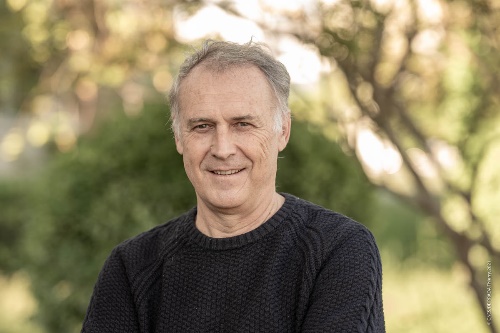
Works for CNES since 1982. He has been a project Manager in Earth Observation System domain:
- CNES Ground Segment System Architect: SPOT, HELIOS, PLEIADES, PARASOL, POLDER
- Software Development/System Integration & Validation/Operations
He is working on Euclid project since 2010, as Euclid SGS System Team leader and deputy SGS Manager.
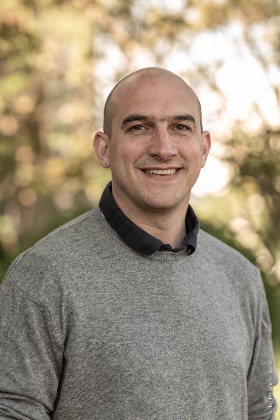
- Works for CNES since 2010, at the IT department and then on the development of a mission Ground Segment in Satellite Navigation System
- SDC-FR lead since end of 2019 inside the consortium and Euclid SGS project manager at CNES level
- Common Tools WP leader inside the system team
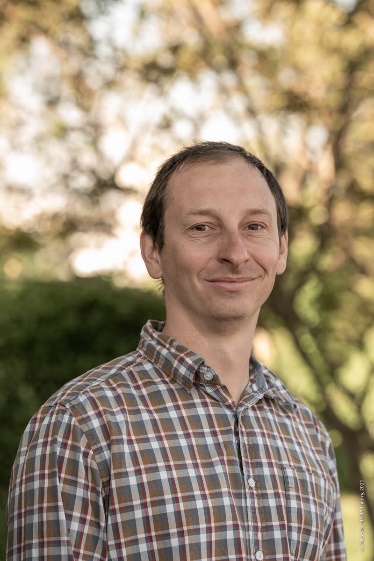
- CNES (Centre National d’Études Spatiales), Toulouse, France since 2009
- Computer Science Engineer
- Technical support for SDC-FR
- Senior system/software engineer in CNES
- Software engineering of payloads flight & ground segments, support to payloads operations
- Euclid SDC FR Technical Coordinator from June 2013 to December 2015
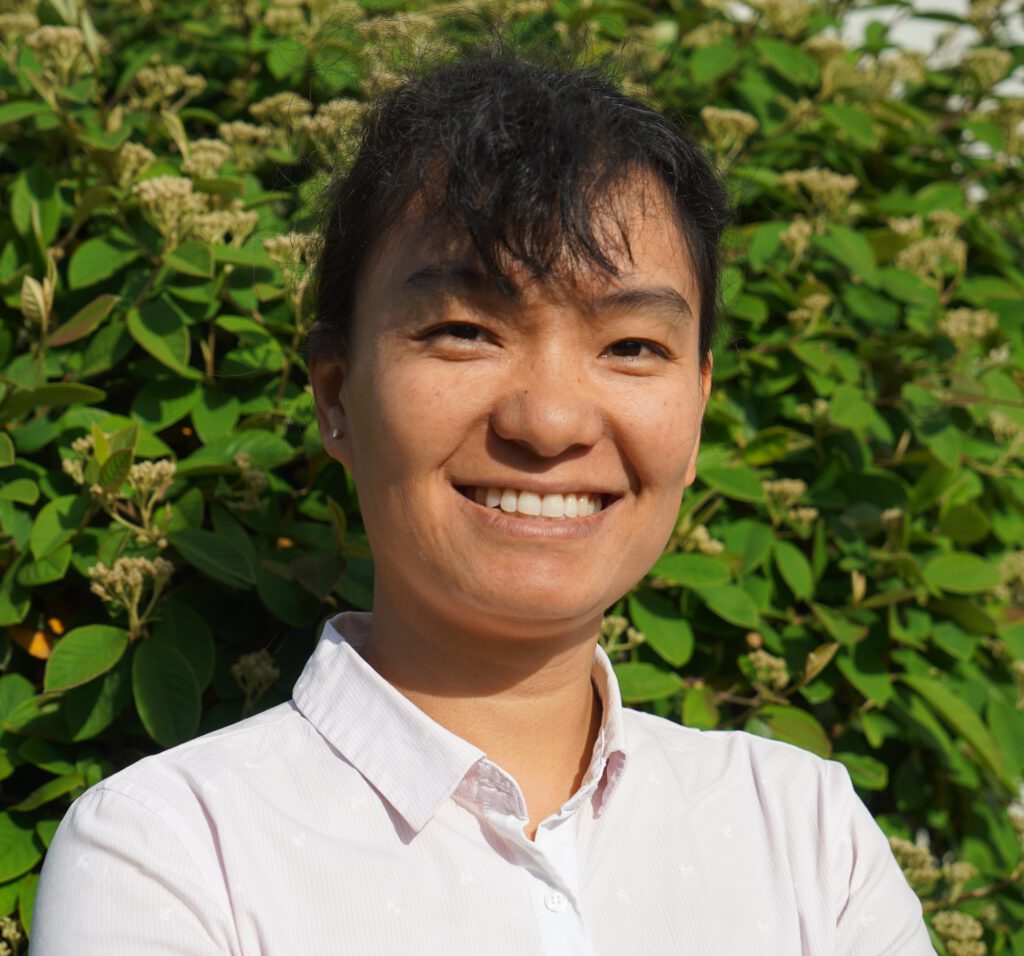
- CNES Centre National des Etudes Spatiales, Segment Sol Scientifique Department
- Specialist in Ground Segment Development for Science Space Projects
- Technical Coordination of LE3, and Maturity Assessment Manager for Euclid (2015-2018)

Maurice Poncet is engineer at the French Space Agency (CNES). He obtained his one year post-graduate in Computer Science in 1990 and was then hired by Cap Gemini. He worked there from 1990 to 2000 first as software engineer and then as project technical manager in different areas (telecom, oceanography & meteorology, aircraft and space). He moved to CNES in 2000, working first as IT architect at CNES computing Center (2000-2006), then as Science Ground Segment architect for earth observation domain (VENµs project 2006-2010) and Astrophysics domain with Euclid (2010-2020). During these 10 years, he has been in charge of the French SDC, of the French contribution to the SGS and of the SGS common tools. Beginning 2020 he left the Euclid project to join the CNES Central Technical Authority team as Enterprise Architect.
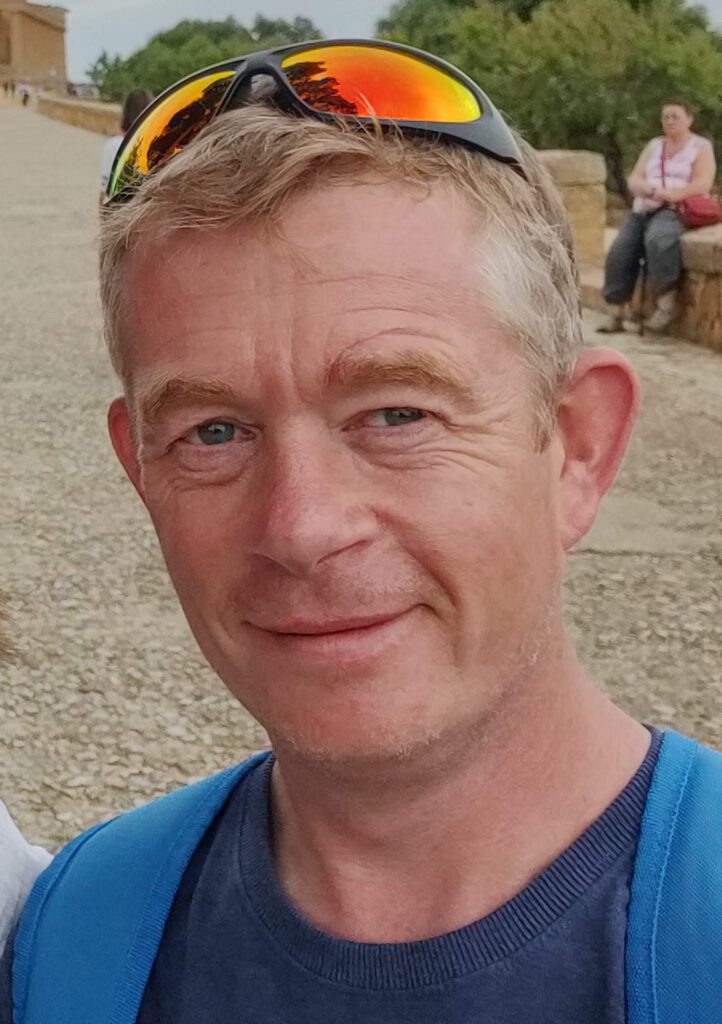
Gavin Walmsley is a Command-Control engineer at CNES working on the Athena XIFU instrument. His work focuses on the design of the instrument data handling subsystem and operability for instrument calibration and science observations. Prior to this, within the science ground segment department, he led the technical development of the Gaia CU4 & CU8 processing chains, the SVOM French ground segment architecture and most recently the organization of the Euclid Science Challenges at system level together with the international consortium members.


